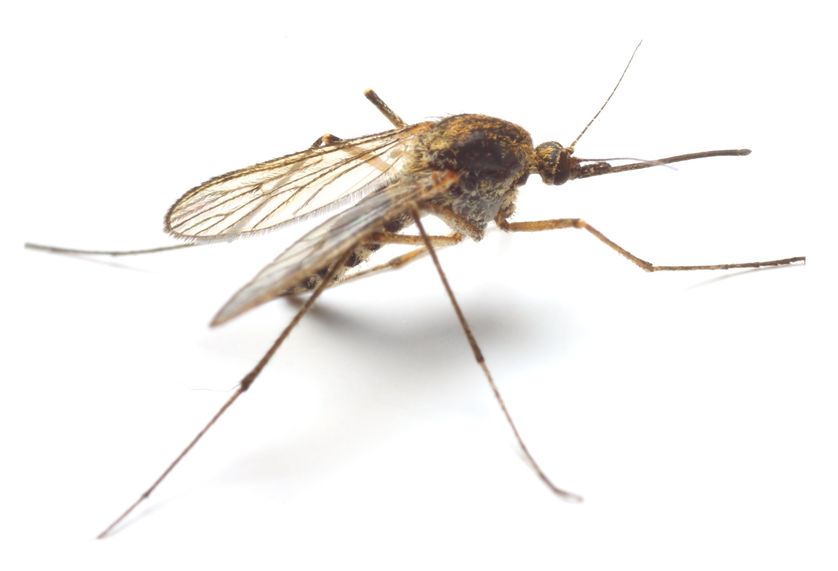
Genetically modified fungus stops malaria mosquitoes
A fungus that produces an insecticide can stop the spread of Anopheles mosquito, which causes malaria.
In field trials in Burkina Faso, US researchers infected the mosquitoes with spores of the poisonous fungus Metarhizium pingshaense. Within six weeks, the mosquito population collapsed.
The new process could help control malaria epidemics, the scientists around Brian Lovett of the University of Maryland reported in Science.
It was already known that Metarhizium pingshaense attack mosquitoes and kill a part of them, however with low efficacy. Lovel et al boosted efficacy by introduction of a gene encoding the neurotoxin hybrid, which is insect-specific. Infection with the genetically engineered spores killed around 75% of the regional Anopheles mosquito population. While 1,500 mosquitoes not infected with the fungal spores produced 1,396 offspring after two generations,1,500 of the treated fungi had only 13 grandchildren.
According to the World Health Organization, malaria affects hundreds of millions of people around the world, killing more than 400,000 annually. Decades of insecticide use has failed to control mosquitoes that carry the malaria parasite and has led to insecticide-resistance among many mosquito strains.




